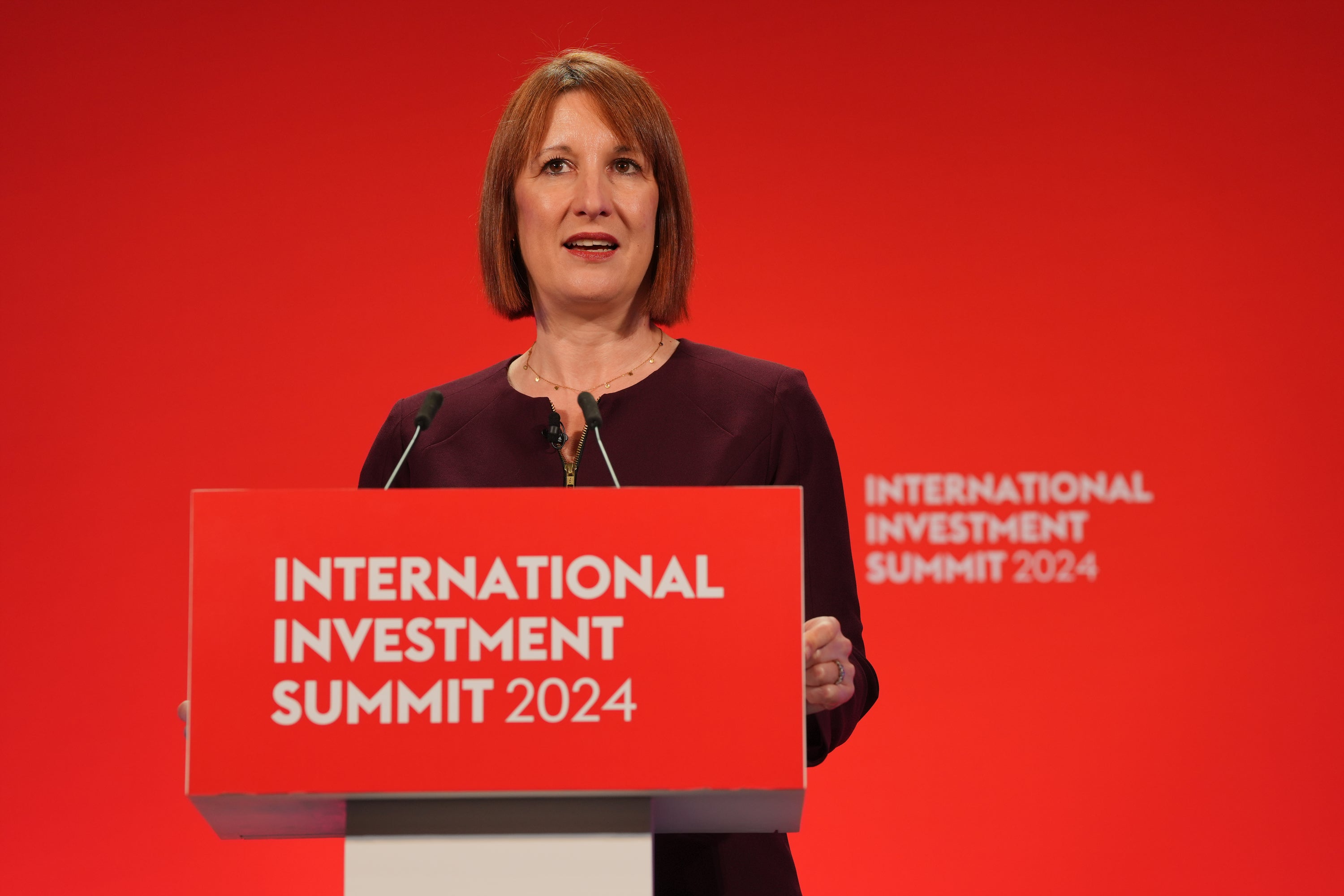
National Insurance Concerns: A Wake-Up Call for UK Businesses Ahead of Budget 2024
As the UK prepares for the highly anticipated Budget announcement on October 30, concerns are mounting among businesses regarding a potential rise in National Insurance contributions for employers. This topic has stirred significant debate, with various industry leaders expressing their fears that such an increase would hinder job creation and economic growth.
The backdrop of this situation is the recent interview with Prime Minister Sir Keir Starmer, during which he did not dismiss the possibility of tax hikes, including those affecting National Insurance. Many business groups are sounding the alarm, arguing that raising National Insurance for employers would create substantial barriers to hiring and investment. In fact, the CBI (Confederation of British Industry), representing around 170,000 firms, reports that many companies are already hesitating to take on new employees as they await clarity on the government's fiscal strategy.
Rain Newton-Smith, the CBI's chief executive, highlighted the difficult environment employers face, noting that any increase in National Insurance would further escalate the costs of employment. This comes on the heels of recent hikes in the National Living Wage and soaring energy bills, putting additional pressure on businesses already grappling with rising operational costs.
Also Read:- The Weeknd's Surprising Appearance at Travis Scott's Record-Breaking Sydney Show
- Lidia Thorpe's Bold Protest Against King Charles Sparks Controversy
Particular attention is focused on the hospitality sector, which has been singled out as especially vulnerable to a National Insurance increase. Kate Nicholls, chief executive of UK Hospitality, warned that such a rise could severely impact businesses in this field, where staffing costs represent a significant portion of overall expenses. Meanwhile, Alex Veitch from the British Chambers of Commerce acknowledged the tough choices the government must make but cautioned that imposing higher National Insurance contributions would stifle growth and limit investment opportunities for businesses.
The uncertainty surrounding the specifics of any potential National Insurance increase adds to the tension. While companies are currently liable for 13.8% on employee earnings over £175 per week, there is speculation that the government may also consider taxing employers on their contributions to employee pensions, which are currently exempt from National Insurance. This speculation raises further questions about the overall direction of Labour's fiscal policy.
Critics have also voiced skepticism about Labour's manifesto pledge not to raise taxes for "working people." The party's definition of "working people" has come under scrutiny, especially regarding whether it includes high earners. Chancellor Rachel Reeves clarified that the pledge pertains mainly to employee contributions, but this has left many in the business community feeling uneasy about the implications for employers.
As we approach the Budget, it is clear that the stakes are high. Labour's promise to foster a pro-business environment seems to hang in the balance, with many advocating for adherence to manifesto commitments that prioritize the stability of the UK's small businesses. Craig Beaumont from the Federation of Small Businesses stressed that any increase in National Insurance could raise operational costs and make maintaining jobs more challenging for local enterprises.
The upcoming Budget will be a crucial moment for the government to set its economic agenda, and how it navigates the complexities of National Insurance policy will undoubtedly have significant repercussions for businesses across the country. As the landscape shifts, all eyes will be on the Chancellor to see if a balanced approach can be achieved—one that supports business growth while addressing the pressing financial challenges facing the nation.
Read More:

0 Comments